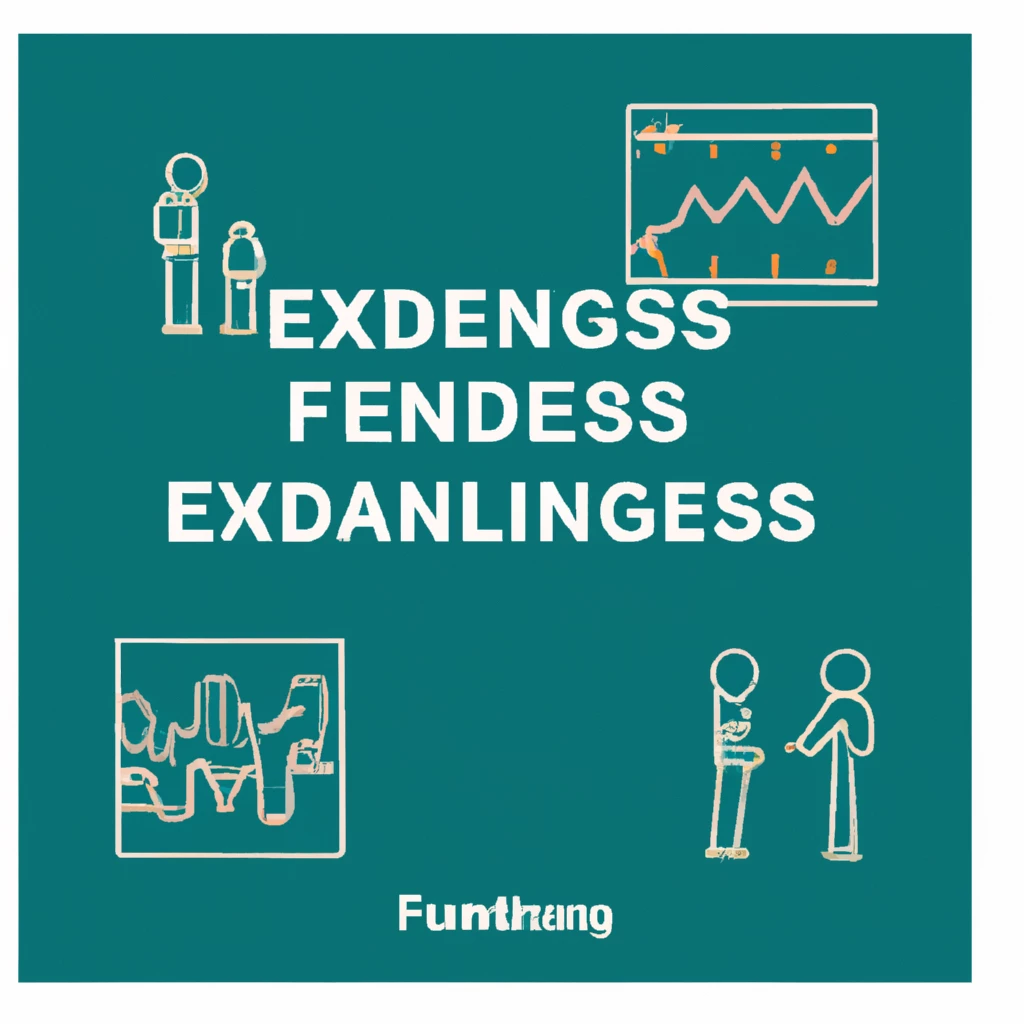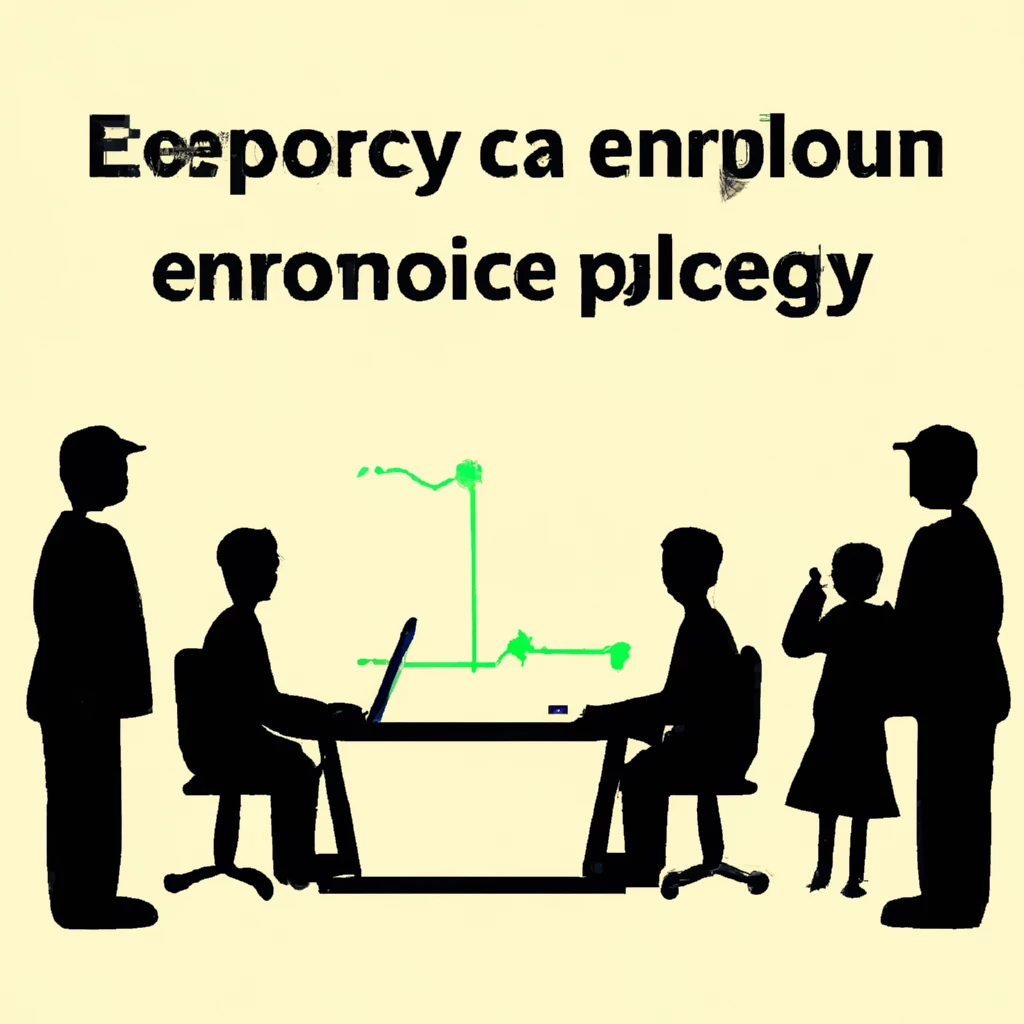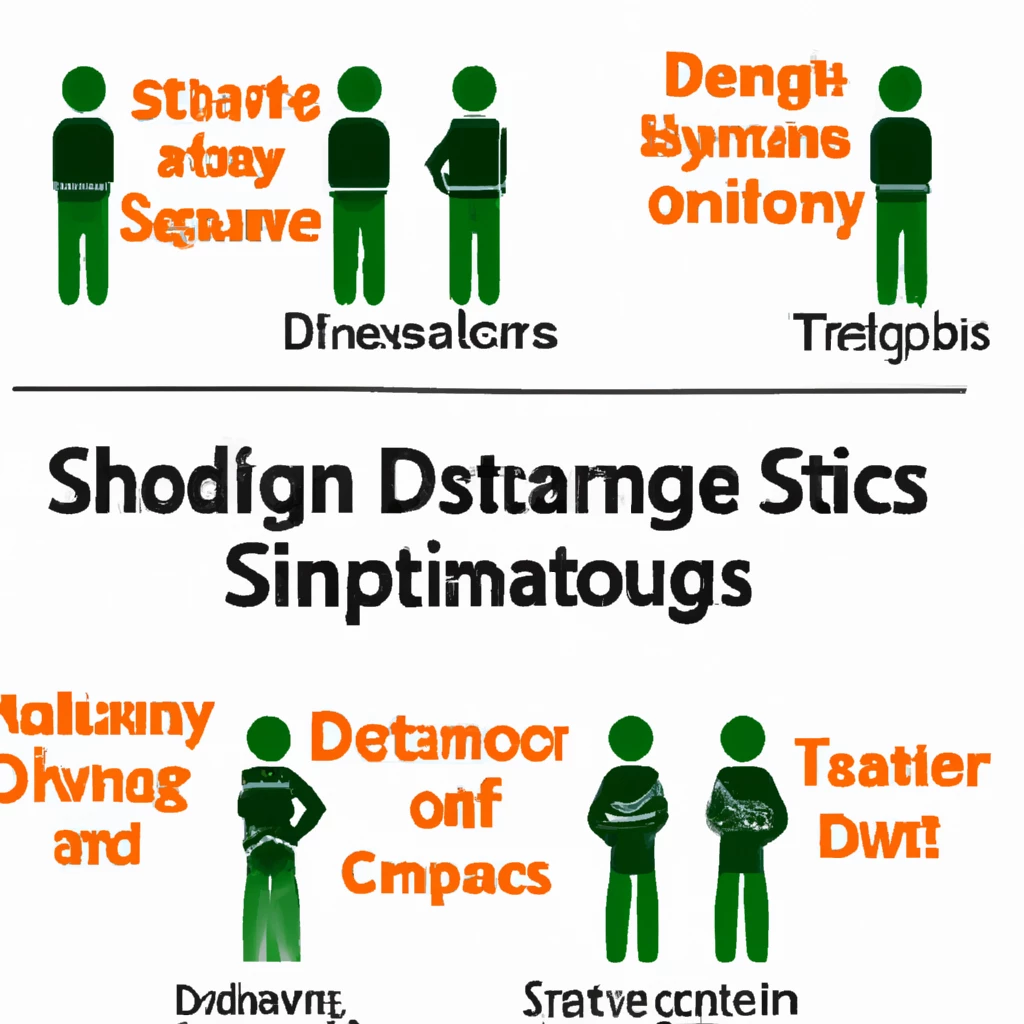
Index futures are financial agreements tied to the performance of a specific index. These contracts allow traders to speculate on the future price movements of indexes like the S&P 500 and the Dow Jones Industrial Average. Originally designed for institutional investors, index futures are now accessible to individual traders, with popular options such as the E-mini S&P 500 from the Chicago Mercantile Exchange (CME). Investors also use index futures to hedge against potential losses in their investment portfolios.
Understanding Index Futures
An index represents the value of an asset or a group of assets, such as stocks, commodities, or currencies. Futures contracts, on the other hand, require traders to buy or sell an underlying asset at a predetermined price on a specific future date. Index futures combine these concepts into legally binding contracts tied to stock market indexes.
Index futures, also known as equity market index futures, work similarly to other futures contracts by obligating investors to settle the contract’s cash value based on a specific index at a predefined price. Unlike physical assets involved in some futures contracts, index futures are cash-settled.
Traders utilize index futures to hedge against or speculate on future price changes in underlying indexes. For instance, trading on the S&P 500 index allows investors to hedge their stock positions or bet on the index’s performance.
Index futures don’t predict future index performance but offer a means to manage risk or speculate on market movements.
Types of Index Futures
Equity-based index futures are among the most popular, enabling investors to hedge or speculate on specific indexes.
Examples include the E-mini S&P 500, Dow Jones Industrial Average, Nasdaq 100 Index, as well as international offerings like the DAX Stock Index and Hang Seng Index futures.
Index futures leverage different multiples to determine contract prices. For instance, the E-mini S&P 500 futures contract on the CME has a value set as a multiple of the index value.
Apart from conventional futures contracts, there are index event futures linked to specific events affecting indexes, providing unique trading opportunities.
Index Futures and Margins
Futures trading involves initial margins, a fraction of the contract value, that traders must maintain in their accounts.
Management of maintenance margins is crucial due to price fluctuations in index futures until contract expiration.
Brokerages may require increasing account funds, known as a margin call, as the contract value rises before expiry.
Index futures contracts are binding agreements between parties, differing from options that offer the right, not obligation, to act.
Profits and Losses from Index Futures
Equity index futures profits or losses depend on the index’s price at contract expiration. These cash-settled contracts aim to either gain or offset losses from price movements.
The difference between entry and exit prices determines profits, but traders must manage risks and meet margin requirements.
Index Futures for Hedging
Portfolio managers employ equity index futures to hedge against potential losses in diversified stock holdings.
Hedging with index futures can mitigate downside risks, although unnecessary hedges may limit potential portfolio gains.
Index Futures for Speculating
Experienced traders use index futures for speculation on index movements, offering exposure to broad market trends.
Index futures provide a consolidated way to bet on market directions without individually holding all underlying assets.
Pros and Cons of Using Index Futures
- Pros
- Index futures can hedge against portfolio declines
- Margin requirements make them accessible for trading
- Enable speculation on index shifts
- Assist businesses in preparing for market changes
- Cons
- Unnecessary hedges may constrain profits
- Brokerage demands may increase margin funds
- Speculative nature poses high risk
- Unforeseen events can lead to losses
Index Futures vs. Commodities Futures Contracts
Stock index futures differ from commodity futures, as the latter involve tangible goods like commodities, while index futures are based on financial indexes.
Commodity futures require physical delivery, unlike cash-settled index futures, often used by businesses to secure raw material prices.
Examples of Index Futures
Buying E-mini S&P 500 futures lets traders speculate on the index’s performance without full capital commitment.
Favorable or adverse price movements in the underlying index can lead to profits or losses in index futures trading.
How Do You Trade Index Futures?
Trading index futures involves opening an account with a brokerage, selecting the desired index, choosing a trading position, and managing the contract until expiration.
Can Index Futures Be Used to Predict Market Performance?
Index futures serve as speculation tools rather than predictive indicators, allowing traders to wager on market movements based on their analysis.
Is Index Futures Trading Riskier Than Stock Trading?
Index futures trading can carry higher risk due to leverage, while stock trading without leverage may be perceived as less risky. Effective risk management and knowledge can help mitigate risks associated with futures trading.
How Are Index Futures Priced?
Factors influencing index futures prices include time to expiration, current index value, interest rates, and contract dates.
How Long Can I Hold a Futures Contract?
Investors can hold futures contracts until expiration, with the flexibility to roll over contracts to subsequent months to manage positions and costs.
The Bottom Line
Index futures offer traders opportunities to engage in market speculation and risk management strategies. Understanding the mechanics of futures trading, margin requirements, and risks involved is crucial before participating in index futures markets.





